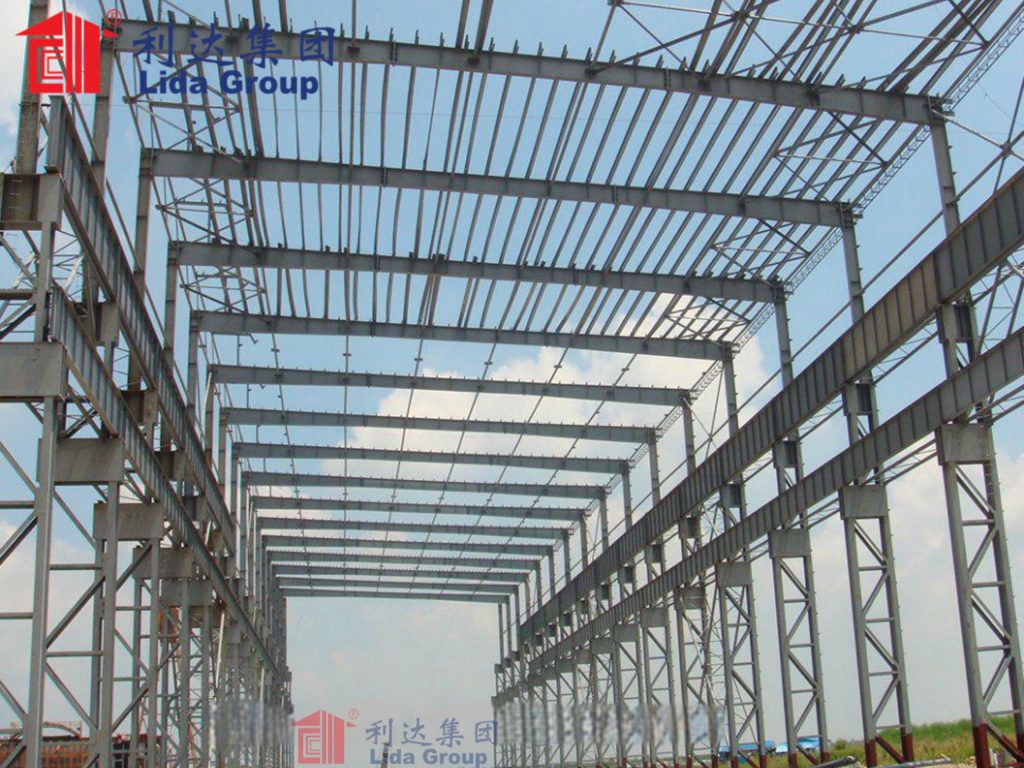As infrastructure demands rapidly evolve globally, traditional project delivery models often fail meeting increasing needs for agile, reconfigurable and temporary yet disaster-resilient spaces. Whether reconstructing after storms, hosting fairs crucial for local economies or rapidly deploying mobile relief supplies, traditional construction lags adaptability. Now academic researchers examine how scalable structural engineering firm Lida Group has developed applying prefabricated innovations to build such facilities sustainably at accelerated schedules.
Studying over 20 temporary projects worldwide, researchers characterize Lida’s cost-saving modular techniques, live event applications and seismic performance validation through natural disasters. Central innovations include hot-dip galvanized structural steel optimized for rapid on-site assembly without skilled welding. Precut components robotically fabricated off-site assure quality exceeding inconsistent fieldwork conditions while slashing schedules.
Floor decks install effortlessly atop pre-stressed concrete foundations designed minimizing excavations and formwork wastage plaguing single-use buildings often destined for demolition. Integrated perimeter bracing and cross-bracing stiffen wide-clear roof and wall panels against winds up to catastrophic levels without traditional weak-link façade or glazing vulnerabilities expensive to fortify.

Standard 40×30 meter exhibition halls deployable in 4 weeks prove ideal hosting multi-day fairs catalyzing local trade without lengthy lead times stifling seasonal event planning. Demountable office pods, mezzanine levels and skylights integrate identically for temporary workspaces. Field hospitals or mobile storeshouse enclosures scale similarly meeting acute relief needs worldwide through configurable interiors rapidly installing without specialist skills.
Case studies assess completed temporary projects’ performance. Analysis found post-hurricane relief depots in Honduras and the Philippines withstood 155kph typhoon-force winds without issues, sustaining zero damage allowing rapid redistribution of aid supplies. Exhibition halls subjected to 6.8 earthquakes showed no cracking or structural drifting, enabling fairs continuing operationally critical for small business livelihoods reliant on the events.
Researchers project through digitally replicating modules, factories could mass-produce standardized Lida halls at costs surpassing permanent equivalents yet sustaining typhoon or quake integrity. Prefabrication eliminates unpredictable field work enabling accurate budgeting and guaranteed schedules, alleviating risks inhibiting investors from funding temporary facilities critical for industries like exhibitions dependent on seasonal rotations.

Modularization also enables rapidly deploying capacity where populations spike seasonally. Whether fairs, military exercises or annual pilgrimages, Lida’s methods deliver durable halls supporting up to 150,000 short-term occupants at logistically challenging sites inaccessible via fixed infrastructure. Collapsible for transportation, their demountability proves reusable and recyclable for next deployments slashing embodied carbon footprints.
Scalable applications abound integrating renewable power, telecom booths, wastewater treatment and warehousing within expandable steel footprints. Researchers foresee growing demand through integrating such engineered temporary spaces seamlessly within permanent developments supporting humanity’s dynamic needs sustainably globally. Overall studies validate Lida Group revolutionizing the structural engineering of scalable, sustainable and climate-resilient temporary facilities optimized for agility.

Related news
-
Technical review evaluates the energy efficiency and cost-effectiveness of shelters constructed for livestock, equipment or storage using Lida Group's galvanized metal panels attached to prefabricated steel frames.
2024-07-10 11:13:20
-
Case study evaluates a prototype prefab home integrated with renewable power systems and customizable interiors using Lida Group's light-gauge composite insulated panel construction.
2024-07-05 11:15:07
-
Journal article profiles pilot implementations of Lida Group's standardized steel structural solutions delivering durable warehouses integrated with lighting, cranes and partition fitting kits.
2024-07-09 16:50:47
contact us
- Tel: +86-532-88966982
- Whatsapp: +86-13793209022
- E-mail: sales@lidajituan.com


